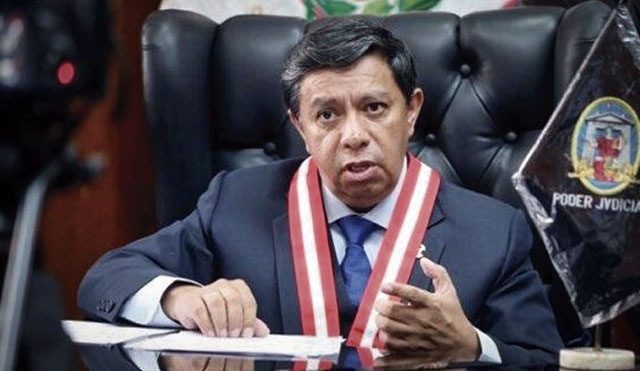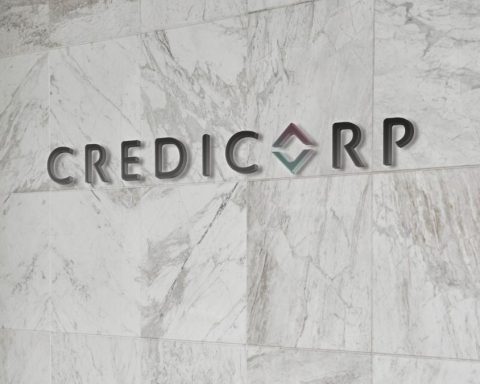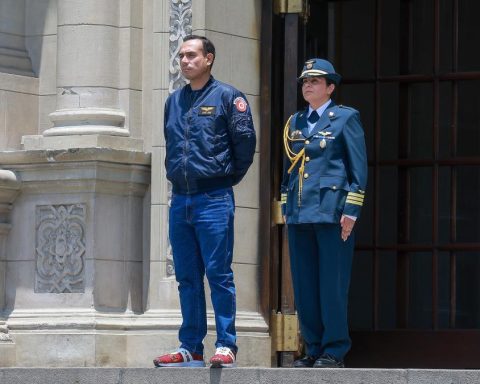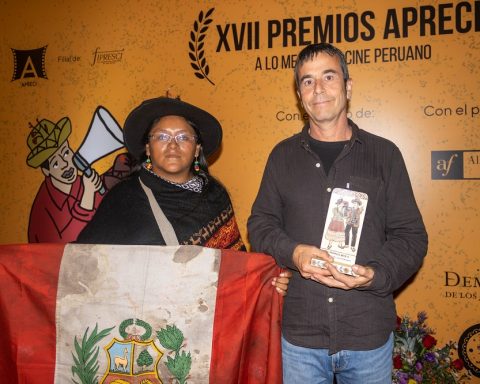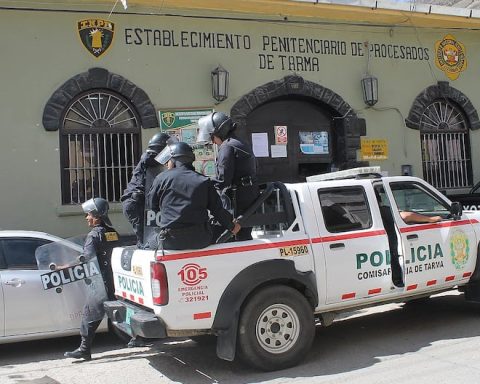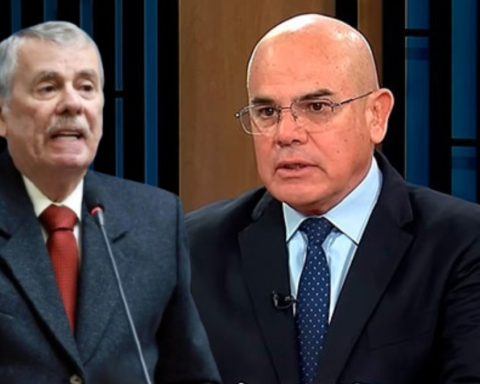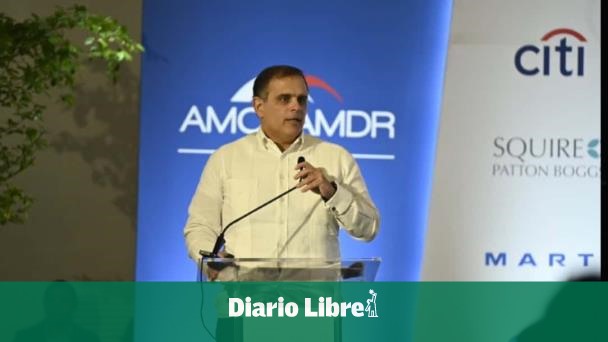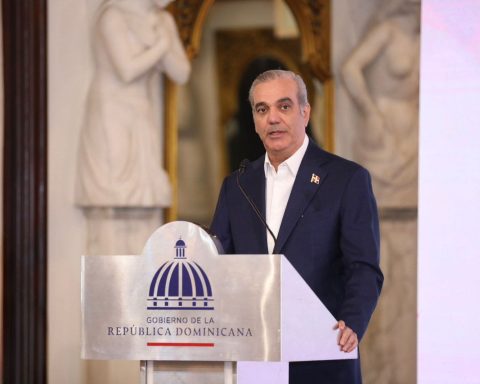The application of the Asset Forfeiture Law, approved by Legislative Decree No. 1373 of August 2018, would affect the right to property, the presumption of innocence and the principle of good faith, according to various specialists during a round table organized by the Lima Chamber of Commerce.
This rule establishes that the owner of a certain property loses ownership if the property comes from or was used in illegal activities, without the offender having to have been sentenced.
In daily practice, it is sufficient for the authority to suspect the probable illicit origin of the property, so that it can pass into the hands of the State and be sold off almost immediately.
Forfeiture of ownership also applies to the third party or last owner, even if he or she had no involvement in the alleged crime, such that a loyal buyer must not only meticulously verify the seller’s background, his or her personal and business environment, but also that of all previous owners, without a time limit.
On August 2nd, The Ombudsman, Josué Gutiérrez Cóndor, filed a claim of unconstitutionality before the Constitutional Court against various articles of said norm, considering that it “exceeds the constitutional standards of our legal system, also violating the right to property and the principle of legal certainty.”
The PJ, the prosecutor’s office and the Attorney General’s Office have spoken out against the claim of unconstitutionality.
Supreme Court Judge Manuel Luján Túpez, president of the Working Group of the National Subsystem Specialized in Asset Forfeiture, stated that the aforementioned Law is not an invention exclusive to our country, but rather is a mandate ordered by international conventions such as the Vienna, Palermo and Mérida conventions.
“If the lawsuit filed by the Ombudsman is successful, it would be a serious setback in the fight against crime in all its forms and in the efforts made by the State to end the high level of economic informality that exists in our country,” The Supreme Prosecutors’ Board stated.
The public prosecutor specialized in asset forfeiture, Liliana Meza Quito, points out that since the Law came into force, the State has managed to recover 576 million soles in 1,358 sentences for cases linked to drug trafficking (45.3%), other crimes (33%), smuggling (19.7%) and illegal mining (10%).
The voice of national and foreign experts
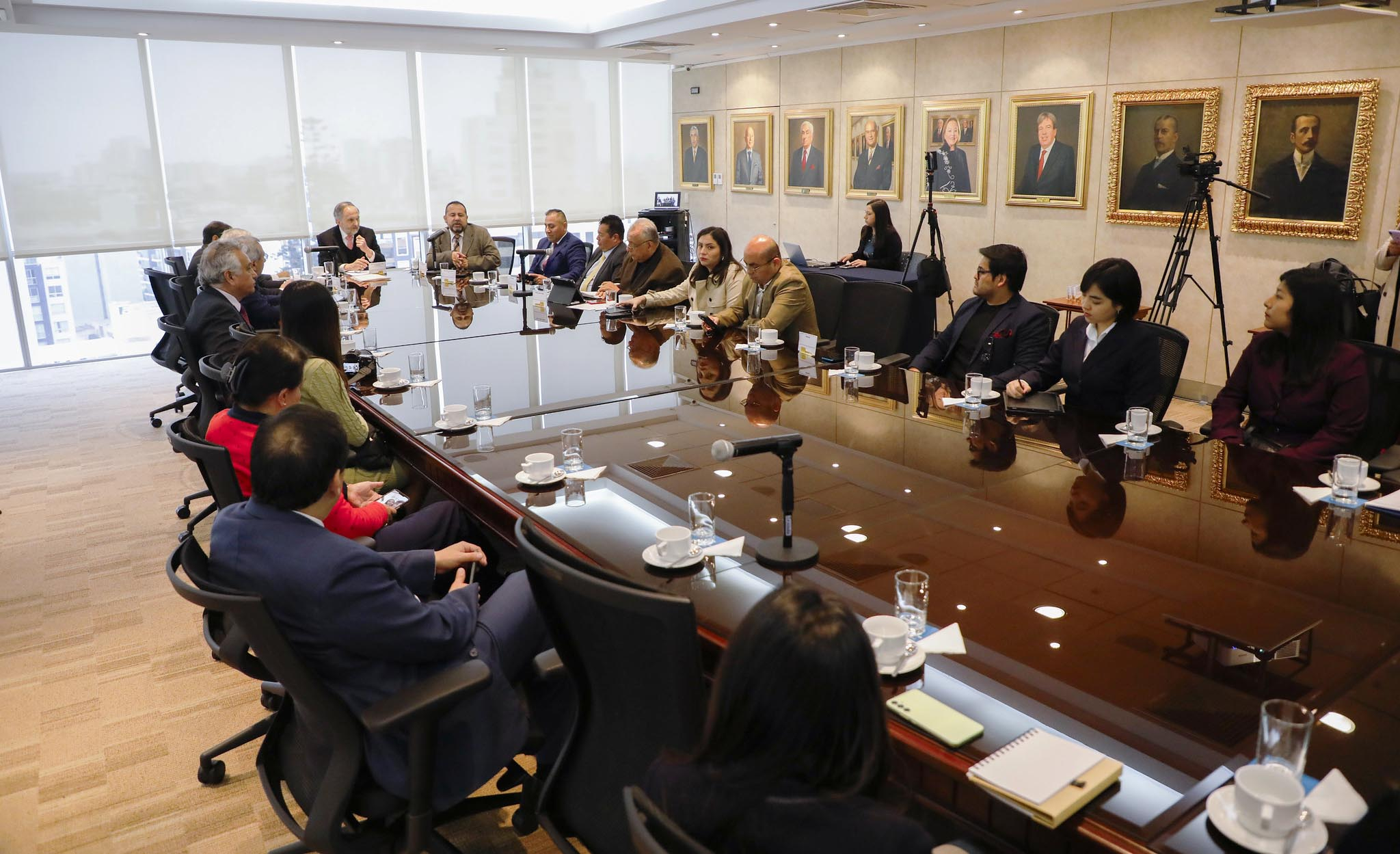
For a better analysis of the topic, the Justice, Constitution and Politics Commission of the Lima Chamber of Commerce organized the discussion “The Forfeiture of Assets in Peru: benefits and contributions to the fight against organized crime” which brought together various national and international specialists in forfeiture of assets.
The former specialized prosecutor in domain extinction and against money laundering of the Attorney General’s Office of Colombia, Gilmar Santander Abril, was present. The dean of the Lima Bar Association, Raúl Canelo and the lawyers Javier de Belaunde, Carlos Caro Coria, Enrique Ghersi, Samuel Abad, Luis Yshi and Martín Ojeda.
Experts agreed that the law is necessary to pursue assets of illicit origin, but that it needs legislative adjustments and better practices in its application so as not to affect various rights such as the presumption of innocence and property and the principle of good faith.
Javier de Belaunde, president of the CCL’s Commission on Justice, Constitution and Politics, said that the process designed to combat organized crime in the country runs the risk of going overboard, affecting businessmen whose activities have no relation to illicit activities.
“The text of the aforementioned regulation has generated concern in the community and the business sector, taking into account that under its application there is a risk that precautionary measures of seizure of lawfully acquired goods will be imposed,” he said.
Good practices are required to avoid excesses
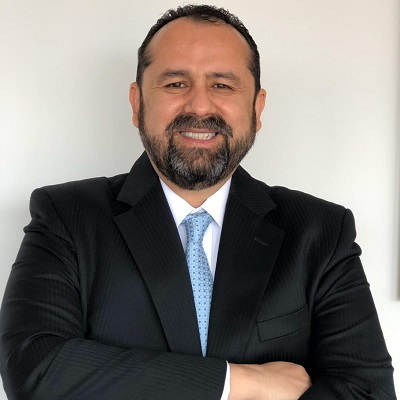
Gilmar Santander recalled that Peru copied Colombian legislation prior to 2014 but not the chapters referring to good practices in the application of the law. He indicated that this law exists in 11 countries and that in 2014, Colombia introduced constitutional and legal reforms to prevent abuse and to directly sanction the offender and not the citizen in good faith.
The Colombian expert also stressed the importance of finding a balance between the effectiveness of the State in recovering illicit assets and the protection of citizens, and therefore recommended that the aforementioned Law adopt the model proposed by the United Nations (UN), adhering to good practices as was done in Colombia.
“What we see is that these good practices were not fully adopted here in Peru, especially those related to treatment guarantees, and that is why there are cases that seem excessive or seem unfair. They should adhere to good practices, especially in the technical definition of the causes, separating those of origin from those of destination; establishing clear parameters to establish an extinction claim; managing subjective attribution factors and the management of third parties in good faith,” he explained.
Santander stressed that he is a firm believer in the law and its good practice as an ideal mechanism to protect social order and justice affected by delinquency and organized crime. In this context, he indicated that he is concerned that in Peru the good is pursued and not the criminal.which penalizes the last owner, who may be a citizen in good standing.
Legislative reform is needed
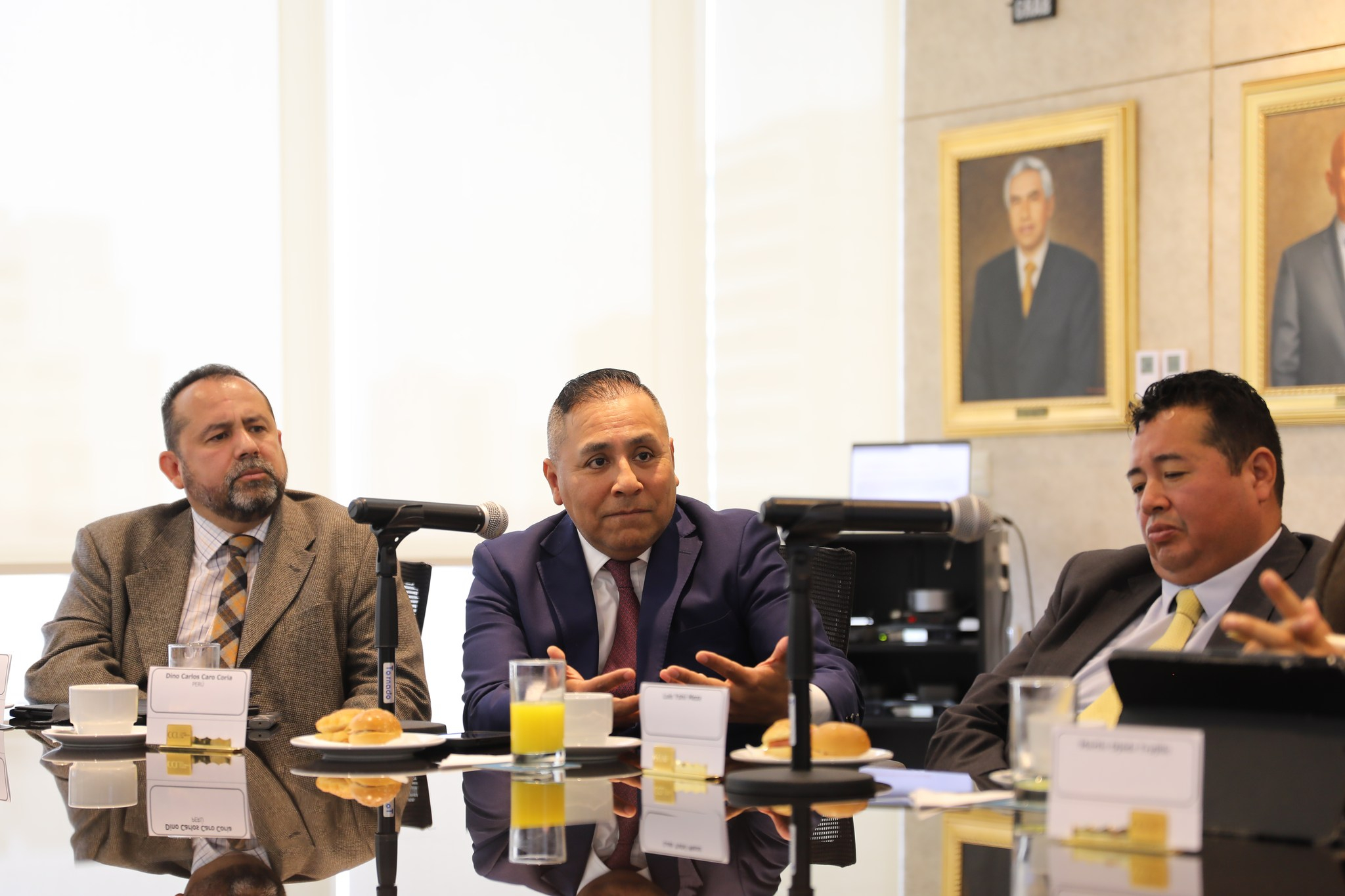
The jurist Carlos Caro Coria noted that there is a need to carry out a legislative or interpretative reform in the TC because, for example, the norm allows secret investigations for six years, to then give the affected party only 30 days to respond to the claim and demonstrate the loyal possession of the property in question.
“You can have a very tough law against criminals, but provide it with guarantees that protect the rights of the bona fide buyer,” he said. He noted his concern that in the face of the flaws in the criminal system, less protective systems are sought, which ends up weakening the administration of justice and affecting the rights of citizens.
“This regulation, which has been in force since 2018, does not speak of crime at all. Nowhere is it mentioned. Please, let’s not confuse. The regulation speaks of illicit activities and illicit origin, in such a way that everything falls into the same bag. Obviously, you pursue criminals, but also other cases. My point of view is that a process that sanctions those who act in bad faith, negligently, in a malicious manner,” he explained.
He stressed that even if the criminal case is archived or an acquittal is issued, the State says that it is an autonomous process and still seizes and confiscates the property, which in fact generates false positives. “We must make corrections, not destroy the system,” he concluded.
The State presumes guilt
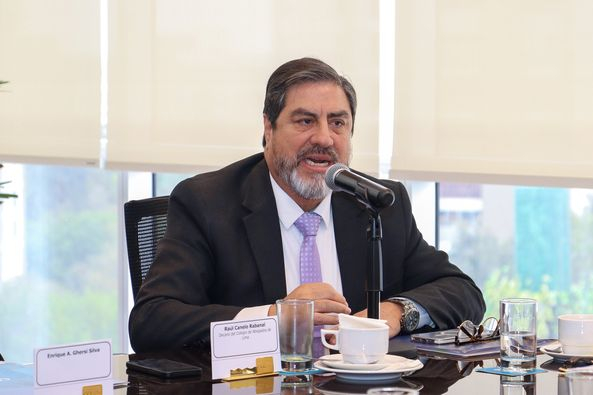
The dean of the Bar Association, Raúl Canelo, stated that the law violates the principle of presumption of innocence enshrined in the Constitution.
He added that although the current law establishes a special process for the extinction of assets in cases linked to serious crimes, the concern is that these procedures can affect a person’s assets without there being a firm court ruling against them.
“The State presumes guilt and the citizen is forced to prove that he acted correctly, which contradicts the fundamental principle of criminal law that states that it is the accusing party that must prove guilt,” he said.
He added that, later, in the middle of the extinction process, with a precautionary measure the property is seized, Pronabi auctions it off and if it is subsequently proven that they were wrong, they give you back the money, but you lost the property,” he noted.
The demand for unconstitutionality is not the right way
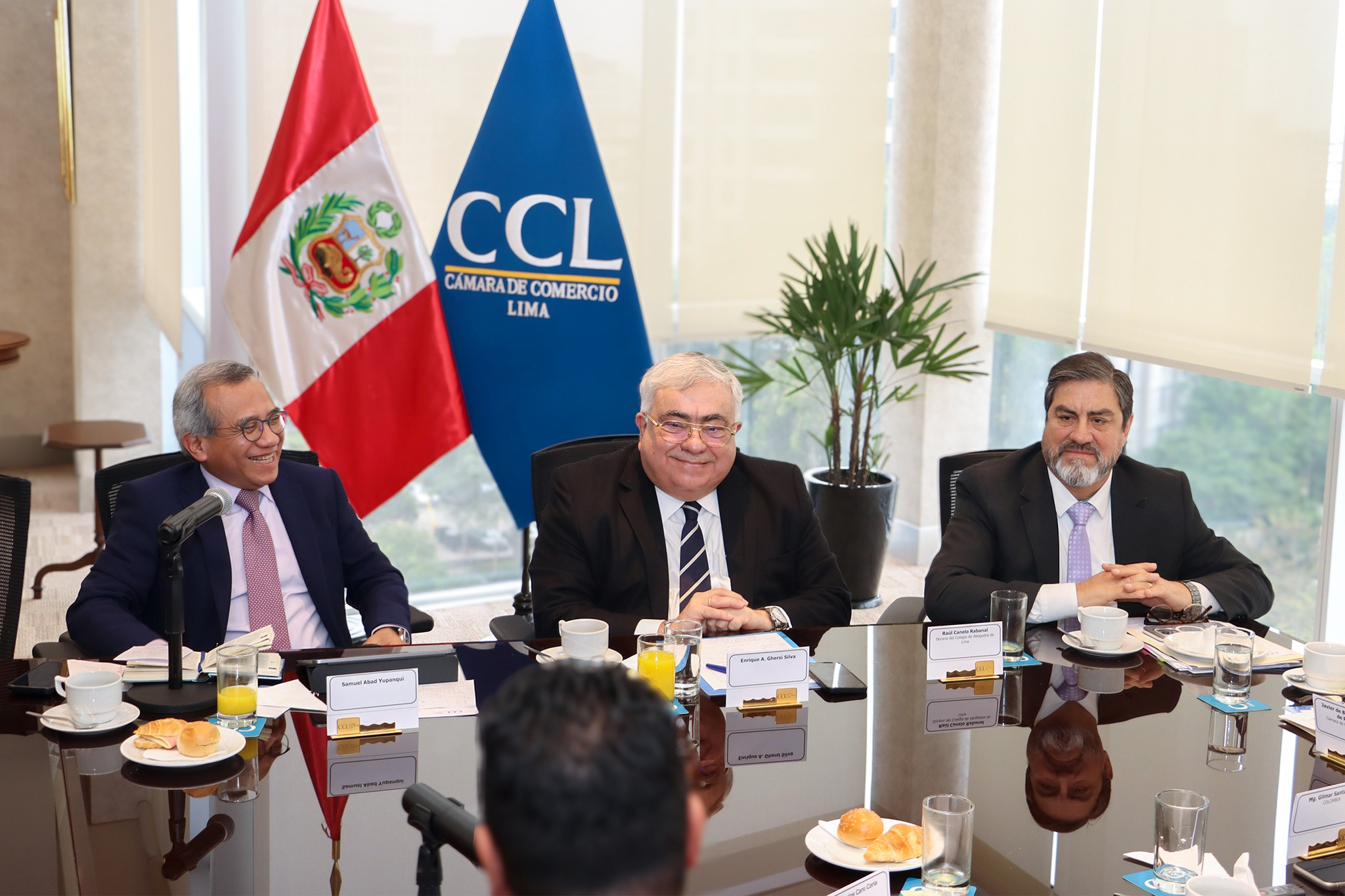
The former deputy defender, Samuel Abad, agreed that the rule needs corrections, but that the The Ombudsman’s demand for unconstitutionality is not the right path, as it could upset everything..
He stressed that it must be made clear that crime is not a source of wealth, so while it is necessary to correct the system and give it more guarantees, it should not be destroyed as would happen with the claim of unconstitutionality, if it is accepted by the TC.
Enrique Gersi stressed that the law is inefficient because it does not take into account Peruvian social processes, such as the high level of informality in the country. By adopting the external model, it ends up affecting the informal worker who is not a criminal, but who can lose the properties he acquired with a job that, although outside of formality, is legal.
Luis Yshi criticized the concentration of cases in central Lima, the processing of cases with the longest time periods allowed by law and the restrictions imposed on the prosecutor when he finds nothing, so few or no one files cases, since everyone prefers to sue and let the Judiciary decide.
Martín Ojeda from the Federation of Transporters reported that it encourages abuse and police corruption, since there have been cases in which “for transporting a box of cigarettes” that the driver allowed to be taken on the trip, the bus is considered to be an asset used in crime and the forfeiture of the domain is requested.
He pointed out that in other cases, the police see a suspicious suitcase and threaten the driver with calling customs and the attorney general’s office if he does not pay a bribe and the driver is forced to pay to avoid prosecution for smuggling and the forfeiture of property. “We are the false positive and with that, the few formal transport companies will be worse off,” he stressed.
